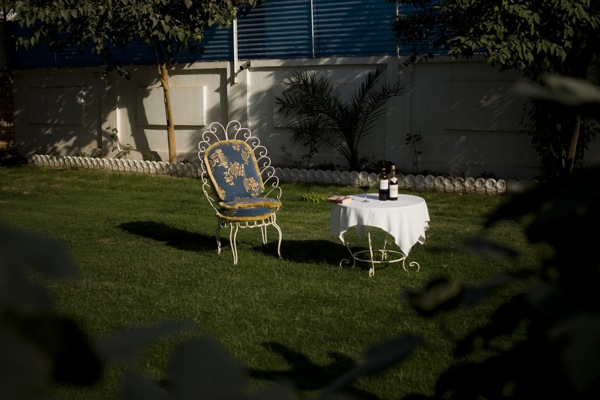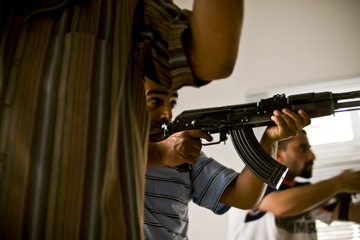
Photos: author
At first, there were two villas.
DeBritish, as the Iraqi maids called him, was the boss of both. The protection business was his. He made the deals and everyone had a job thanks to him.
At the New Villa, there was Ali-foreman and Ali-paint. Fat Mohammed was the electrician. Ammar, with the thin, thin neck, dug the holes outside. They came every morning to remodel the place. Every evening they left. No one lived there except me, upstairs in the yellow room.
